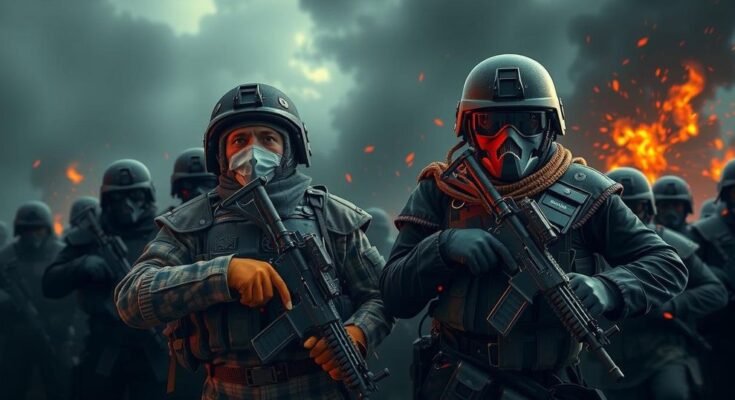The UN report reveals the alarming use of torture in Russia as a state-sanctioned tool for repression, targeting political prisoners and vulnerable communities. Mariana Katzarova emphasizes the normalization of torture in media and the judicial system’s failure to hold perpetrators accountable. Victims are urged to seek universal jurisdiction for prosecution of torture cases amid lack of local recourse.
A recent UN report has unveiled harrowing instances where torture has been institutionalized in Russia, depicting it as a systematic tool for silencing dissent both domestically and internationally. Mariana Katzarova, the UN’s Special Rapporteur, highlighted that such brutal practices are not merely sporadic but target political prisoners, war critics, and marginalized migrant communities across the globe. Disturbingly, the Russian media’s portrayal of torture reflects a normalized acceptance of violence. Following a terrorist incident in Moscow, members of the Tajik minority, who had not even been convicted, were subjected to horrifying torture methods, including electric shocks. This has led to widespread arrests and alleged abuses against Central Asian migrant workers. The LGBTQIA+ community, particularly in Chechnya, faces unspeakable atrocities, with state officials reportedly torturing individuals and coercing them to join military efforts in Ukraine. Katzarova’s report underscores the grim reality of judicial impunity, revealing that Russian law does not categorically recognize torture as a crime, enabling offenders to escape justice through minimal charges. With the European Court of Human Rights unavailable to Russian citizens, victims are left to rely on the UN system, which lacks legal redress capabilities. Katzarova has called for nations to apply universal jurisdiction, allowing courts to pursue accountability for torture offenses occurring in Russia, thus encouraging a broader appeal for justice.
The backdrop of this report centers around the systematic use of torture by the Russian state, revealing a culture of repression designed to maintain power over dissenting voices. The UN’s Special Rapporteur on human rights in Russia has provided crucial insights into how these practices are not confined to isolated incidents but are part of a broader pattern of abuse that targets vulnerable populations. The implications of this report extend beyond national borders, highlighting the need for global accountability in the face of such human rights violations.
The UN report illustrates a chilling reality where torture is woven into the fabric of state policy in Russia, highlighting the systematic oppression of dissenters and marginalized groups. Without effective legal recourse, victims remain vulnerable, and calls for international intervention are more pertinent than ever. As such, the report serves as a rallying cry for justice and accountability on a global scale.
Original Source: news.un.org



